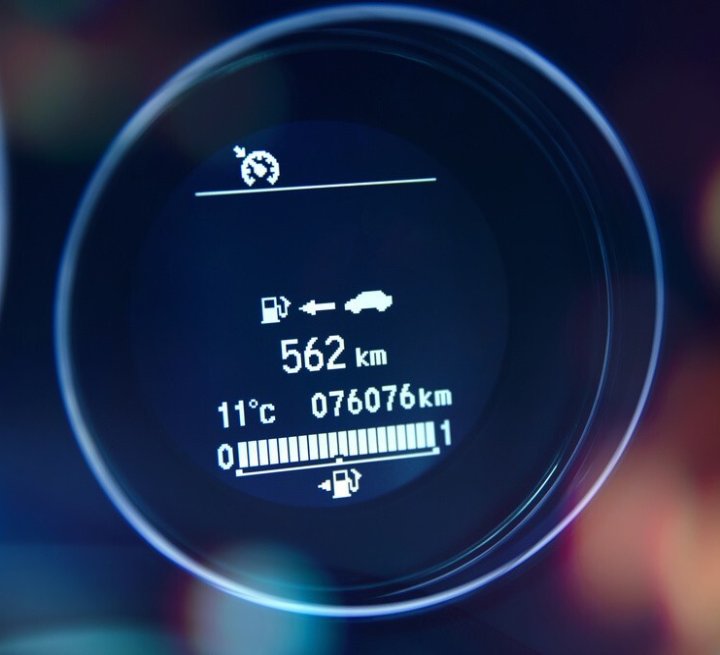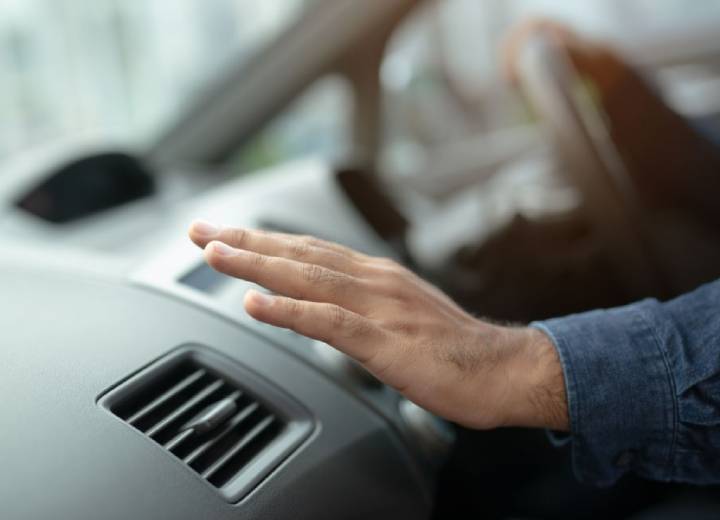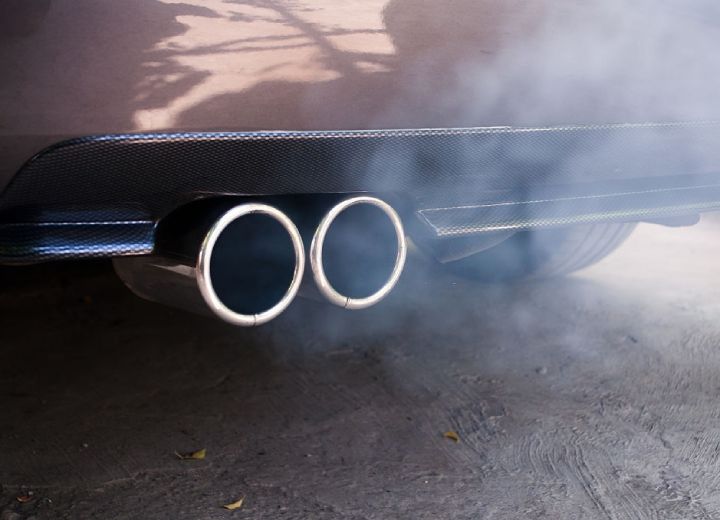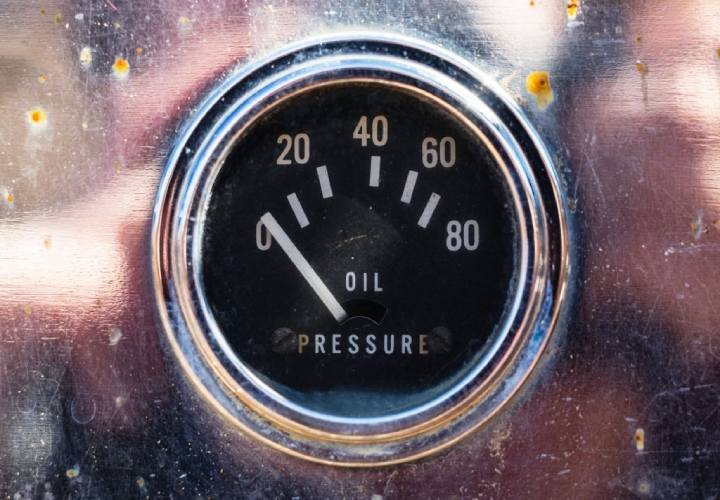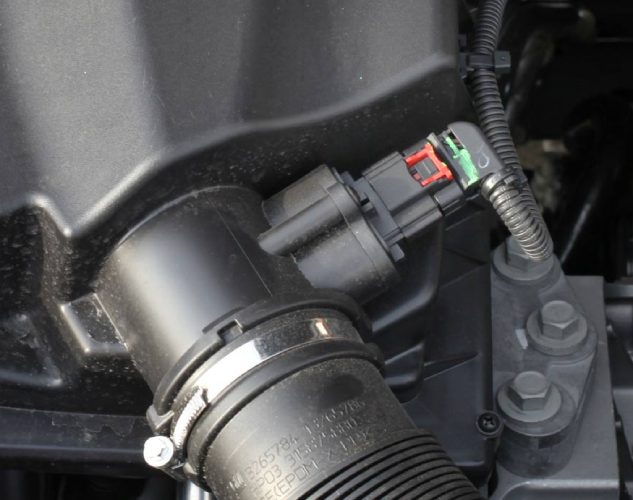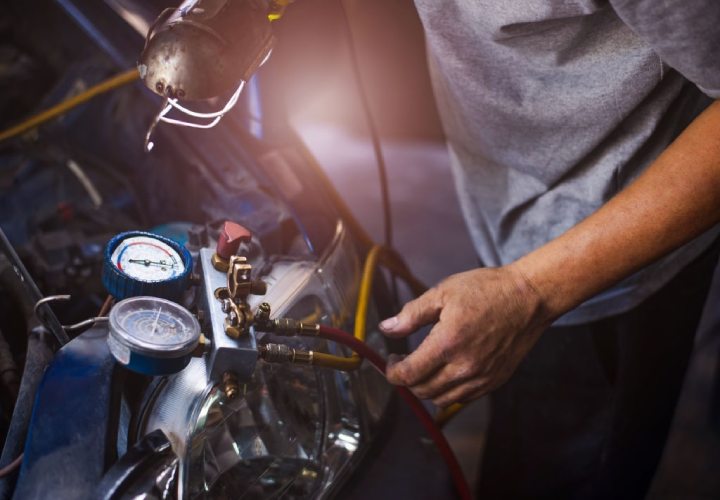Many car drivers treat an oil leak with great levity. Why? Nobody knows, but it is probably tied to the fact that oils leak through almost every mechanical device if you use it long enough. Technically, you can drive a car with an oil leak.
The oil exists to lubricate your engine and is not pivotal to the car’s start, motion, and stop like the gas is. It would help if you tried not to make this a habit. Your vehicle needs lubrication for a reason; depriving it of this while it still works and carries you places is not ideal.
- Can you drive your car with an oil leak?
- Here are the three main reasons oil leaks develop
- How long can you drive your car with an oil leak?
- What happens if you drive with an oil leak?
- How much does it cost to fix an oil leak in my car?
- FAQs regarding oil leaks
- Can I drive up to 100 miles with a leak?
- Is a small leak okay to drive with?
- How much oil leaking is too much?
- How do I temporarily stop a leak?
- Is an oil pan leak serious?
- Can you drive with a leaking oil pan gasket?
- How much does it cost to fix an oil pan leak?
- Will tightening oil pan bolts stop the leak?
- Do oil stop-leak products work?
Can you drive your car with an oil leak?
Yes, you can drive your car even if it’s leaking oil, as long as the leak is minor. However, it is important to keep an eye on the oil level and ensure that you do not run out of oil. If the oil leak is large, it is best to have it repaired as soon as possible. Driving with a large oil leak can be dangerous, as starving the engine from the oil can stall it.
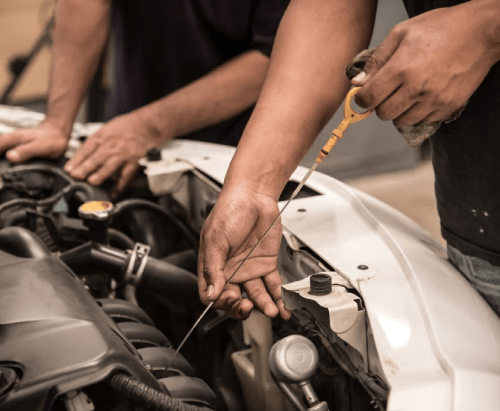
Here are the three main reasons oil leaks develop
An oil leak might develop, not necessarily due to maintenance negligence on the owner’s part but also due to random occurrences that constitute everyday driving. A few things that can cause an oil leak include:
A bad oil filter
Your oil filter is a sieve that keeps your oil clean and prevents harmful material from getting into your car engine. When the oil filter is compromised, your oil becomes dirty, and additional pressure buildup within the engine would cause the filter to become loose. This would then make the oil leak.
Compromised gaskets and pan leaks
When gaskets get worn out due to age or constant contact with debris on the road, they can cause leaks. This is especially true if the gasket fails between the oil passage and outside the engine. A compromised oil pan, too, would cause leaks.
Overfilling
This is a no-brainer. When you use too much oil in the car, the excess would have nowhere to circulate. This is also probably the most harmless and easily rectified cause of oil leaks.
These are the most likely causes of oil leaks, but there are many others. Bad installations, spoilt seals and rings and valves, drain plus, and so on, can also cause oil leaks.
Related content: Can You Mix 5W20 AND 5W30 Oil?
How long can you drive your car with an oil leak?
You can drive your car with an oil leak for as long as possible if you keep making regular stops to check the oil level (you can also monitor oil levels through your dashboard), then refilling the oil. That is if you are willing to ignore the fact that oil drops would make your driveway (and public roads) look dirty or can pollute the environment.
If it is unavoidable to drive your car when it has an oil leak, you should make sure to locate the problem first, whether it’s a spoilt gasket or oil pan, then ascertain how much oil your car spills every mile or so.
When doing this, you are protecting yourself from potential engine knock, which would happen if the oil runs out and you are unaware. You can drive short distances (around 10 miles or less) without being in danger of spoiling your car.
Related content: Why do I smell burning oil through my vents?
What happens if you drive with an oil leak?
If you drive with an oil leak, the level of oil in your engine will gradually get lower. This can cause the engine to overheat or seize up. If this happens, it can be expensive to repair the damage. It is also important to clean up any oil leaks promptly, as they can be slippery and pose a safety hazard.
Oil leaks also constitute a fire hazard in some cases. Other dangers of driving with an oil leak not related to driving include that accumulated exposed oil could seriously harm your radiator and HVAC system.
How much does it cost to fix an oil leak in my car?
To fix an oil leak in your car, you must replace the gasket and corroded cooler lines, correct bad installations, or repair a spoilt pan or piston. To do this, you should expect to spend up to $1000 in some cases; this is if crucial parts of the car engine or transmission are removed to get to the leak point. The least you should expect to spend is $250.
These prices are broken down due to the labor required, the cost of replacing parts, etc. You should also note that while the price range above is your most likely repair bill, the replacement cost might reach $3000 if you have to replace the head gasket, which is enormous. You might also be required to pay for an oil change. These prices should provide enough incentive to maintain a very stringent maintenance culture.
Related content: Why does my car shake after an oil change?
FAQs regarding oil leaks
Here are a series of questions that might arise when dealing with an oil leak. This will allow you to better understand the situation and what you should do to address the issue adequately.
Can I drive up to 100 miles with a leak?
You can drive 100 miles with a leak. You must ensure that you maintain the presence of oil in your engine at all times.
Is a small leak okay to drive with?
The answer to this is not very straightforward. While you can drive with leaks, small leaks can degenerate even further into large leaks, and you might not even be aware if you do not have an oil gauge on your dashboard.
How much oil leaking is too much?
Even a drop of oil on your driveway should be enough to galvanize you to action. Oil leaks can be identified by a burning smell when driving, stiff power steering and braking, then the presence of a black, amber, or dark brown liquid under your car. It is unlikely your car would experience oil leaks that gush, but you should note that any amount of leak would be harmful.
How do I temporarily stop a leak?
This depends on what exactly is causing the problem. If it’s an oil pressure sensor, you should repair it in the shop; you can tighten it back if it’s a loose oil filter. The best way to temporarily stop oil leaks is by using a stop leak product, which would swell the seal around the leak.
Is an oil pan leak serious?
An oil pan leak is serious if the oil level gets low enough that it causes the engine to overheat or seize up. If this happens, it can be expensive to repair the damage. It is also important to clean up any oil leaks promptly, as they can be slippery and pose a safety hazard.
Can you drive with a leaking oil pan gasket?
Yes, you can drive with a leaking oil pan gasket. However, it is important to keep an eye on the oil level and ensure that you do not run out of oil. If the oil leak is large, it is best to have it repaired as soon as possible.
Similar to any other type of oil leak, the issue should be fixed, and the oil pan gasket should be replaced as soon as possible.
How much does it cost to fix an oil pan leak?
As with other car parts, a couple of things can affect the price: car model, region, and who does the repair. Typically, replacing an oil pan gasket should start around $300 but can go as high as $500. The majority of the cost will go towards labor, as the procedure is tedious and time-consuming.
Will tightening oil pan bolts stop the leak?
No, tightening oil pan bolts will not stop a leak. The only way to stop a leak is to replace the gasket or seal causing the leak. Depending on the location and severity of the leak, this can be a difficult task, and it is better to have a mechanic do the repair if you are unfamiliar with DIY repairs.
Do oil stop-leak products work?
The short answer is sometimes. They can help reduce and even stop small oil leaks; however, this is only a temporary solution. The leaking gasket or seal will still need replacing. In case of an emergency, oil stop-leak additives are a viable solution.
Related articles:
Why does the oil pressure gauge go up and down while driving?
Oil Pressure Drops To Zero While Driving: Causes and Fixes
Oil Light Comes On When The Car Is Moving – Here’s why!
Oil Light Comes On When Idling? Find Out Why!
My name is Jeffrey Williams and I have been a car mechanic for over 35 years. I am currently working NYC Auto Repair Shop, in New York City and recently developed a strong passion about blogging. I decided to put together this blog where I will try and answer the most commonly asked questions I get on a daily basis from my customers.

